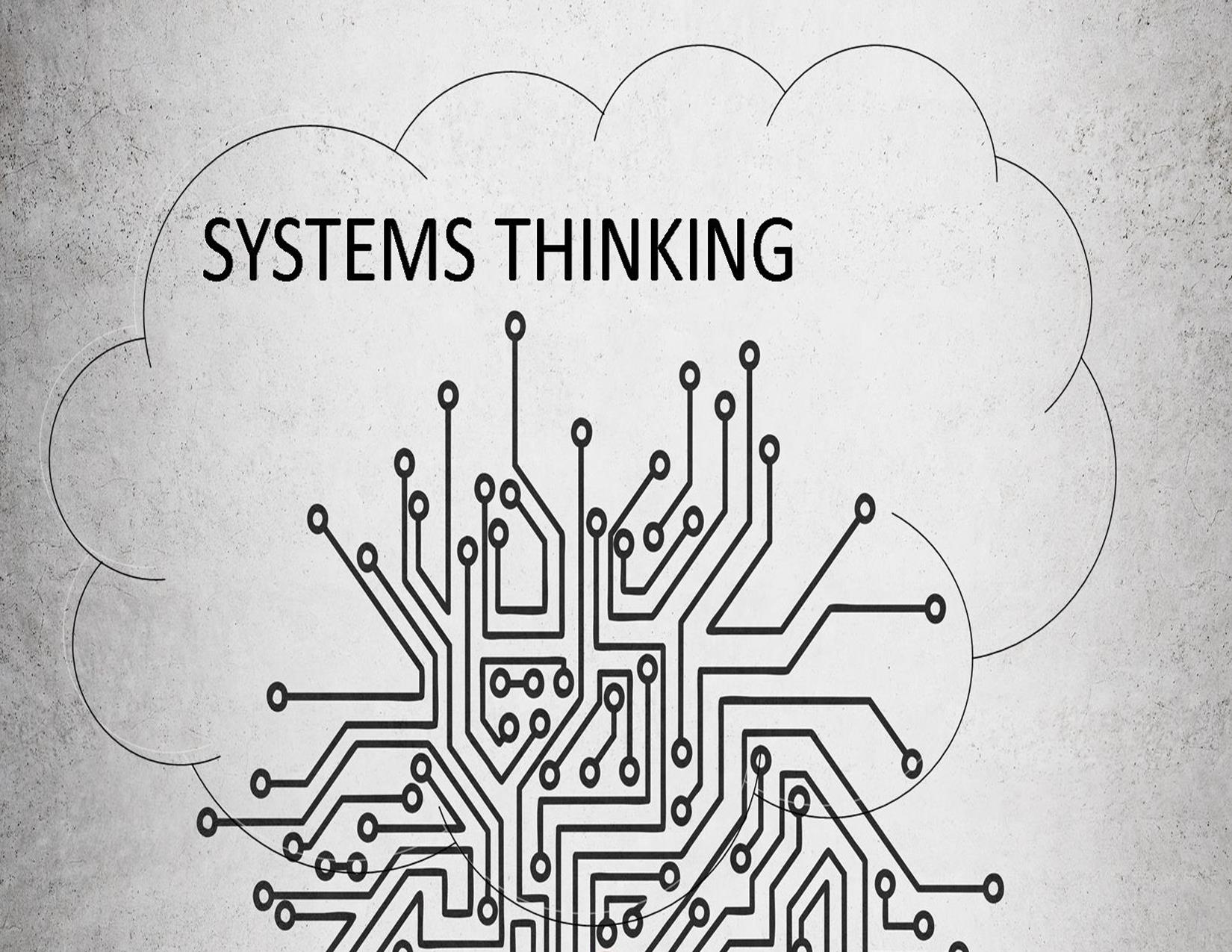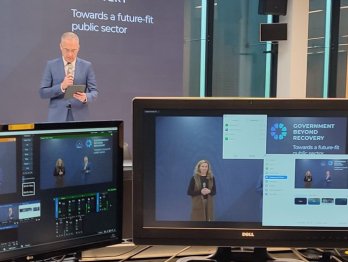Systems Approaches for Public Policy Challenges

Innovation in the public sector has a positive connotation and is regarded as an inherently good thing in many administrative contexts. But even when we acknowledge the act of doing something new is to be praised when it simplifies administrative processes, ensures better accountability for public resources and motivate employees, an important question remains. What is the impact of innovation on public sector change? Should we limit ourselves to measuring improvements in the machinery and counting savings or should we think about the broader picture – the impact of innovation in reaching policy goals and delivering quality public services that bring value to citizens? The question on the ultimate objectives of innovation is related to that of the system that is put in place to deliver them. Are our public policy systems actually fit to deliver on these goals? Do we know what is that we are really trying to achieve? Our recent work into systems thinking has raised these questions and we’d like to invite you to contribute to our reflection.
Join our hack on systems change in the public sector!
The world is filled with complex problems which require an answer today. It is tempting to go for the quick-fixes, to brainstorm, to organise a hackathon – to act decisively. To simplify and cut problems into small slices, bite-sized challenges we can actually manage. We act, try to solve small issues that in our mind contribute to solving the big problems. But what if they do not? Many policy problems are complex, interconnected, causal relationships are difficult to pin down or even impossible to draw out and in these circumstances tinkering around the edges may not be enough. Think for a second about climate change or challenges public safety, education, inclusive growth, water governance face… – think about almost any public policy field.
The OECD at its highest level has started to draw attention to the complexity science and the need for new analytical tools to solve 21st Century policy challenges. Gabriela Ramos, OECD Chief of Staff and G20 Sherpa recently wrote that economists have tried to simplify and abstract from reality by limiting assumptions; they have given primacy to the goal of effectiveness, in detriment to other important considerations (such as social inclusion, security etc.). As existing economic and social paradigms seem to have plateaued, a surge of methods and approaches – new economic thinking, design thinking, systems thinking – are now coming forward as alternative ways to approach discussion on public sector challenges.
As part of our Horizon 2020 project we have specifically started to look into systems thinking and what it has to offer to the public sector. While system approaches have been studied before, it is far from an established field. And to a degree, systems thinking has been eclipsed by the success of design in the public sector. Nevertheless, “systems” have been slowly, but steadily, creeping into policy and public sector innovation toolboxes.
But what is systems thinking? Or what are systems for that matter? Systems can and have been defined differently, but for our research systems – and especially public policy systems – are bound and created by the purpose they hold. On the broadest level, systems approaches describe a set of processes, methods and practices that aim at affecting systemic change.
Systems have a long academic history and there are many tools from causal loop diagrams to simulations to describe interconnectedness on a systems level. However, it has become increasingly difficult to distinguish systems thinking from other approaches, especially in the public sector: policy toolkits have adopted a multi-method, multi-disciplinary approach that also incorporates elements of systems thinking. Last week in Brussels at Lab Connections we heard how there has been a large toolkit inflation in the public sector. So, how do these different methods fit together? Are design thinking and systems thinking adversary or complimentary? When and for what can we use systems approaches?
In our recent alpha version on the report “From Transactional to Strategic: Systems Approaches to Public Service Challenges” written together with Justin Cook we raise these topics from the perspective of reforming public policy systems. In the report we argue that there has to be a step from diagnosis to action to make systems thinking useful in the public sector. We can now draw more and more elaborate systems diagrams and run complex simulations, but how do we make decisions when uncertainty is still very high? We discuss several managerial tactics that we see as essential to applying systems approaches.
But implementing system approaches in the public sector is not easy. First, vested interest and internal rigidities in the public sector makes systems hard to change. Second, universal service imperatives in the public sector mean that systems in the public sector cannot be simply turned off and reimagined. Hospitals or schools cannot close their doors to reboot the healthcare or educational system. Third, public policy systems are under high levels of public scrutiny which makes any radical change risky. It is difficult to adopt any reform, not to mention a systemic one. How, then, to transform systems while upholding the principles of responsibility and accountability to the public?
But we want to hear from you: what do you think about what we have thought? What are the main challenges for systems thinking in the public sector? What are the variables that might suggest the success of systems approaches in the public sector?
Last week we tried something new in OPSI by releasing the alpha version of the learning for innovation report for your comments on hackpad. We are now doing the same with the systems thinking report – it can be found here. It is not the final report, but a work in progress and we invite you to give us your comments, examples and hints of relevant systems cases in the public sector. You can comment and change the text freely on the hackpad, a collaborative site for editing and collaborating. Please upload your comments by November 20, 2016.
In the meantime we are going to look into four systems thinking cases in the public sector to explore the practise in more details. We will add this with your feedback to the final report that will be will be released in the beginning of next year.
Of course you are also welcome to email us your suggestions or you can join in on our discussion groups, either on the OPSI Platform or in our LinkedIn Group, and contribute your thoughts there. A PDF copy of the Systems Thinking Report is also available for those who wish to read it in another format.
If you would like to be kept informed about this or our other projects on public sector innovation, then you can sign up to our mailing list or follow us on Twitter.












